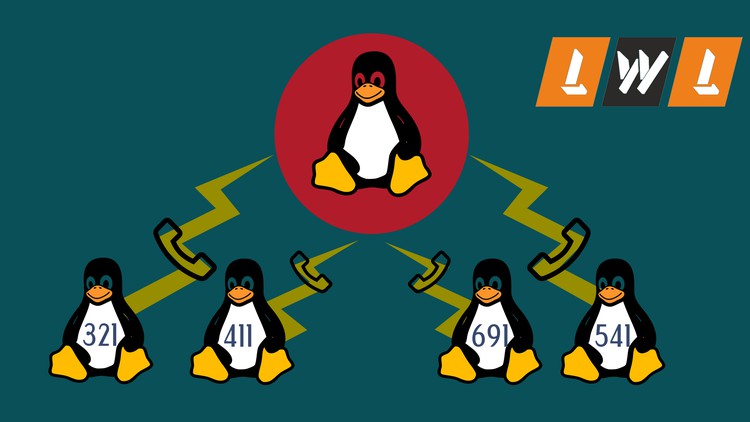System Calls in deep
Linux Kernel Programming - System calls
3.96 (25 reviews)

552
students
5 hours
content
Apr 2021
last update
$54.99
regular price
What you will learn
Basics of Inline Assembly
Writing examples for Inline Assembly
Various places where inline assembly is used
Adding a new system call to kernel
Updating system call table
VDSO and Virtual System Calls
Related Topics
3503668
udemy ID
9/16/2020
course created date
1/21/2021
course indexed date
Bot
course submited by